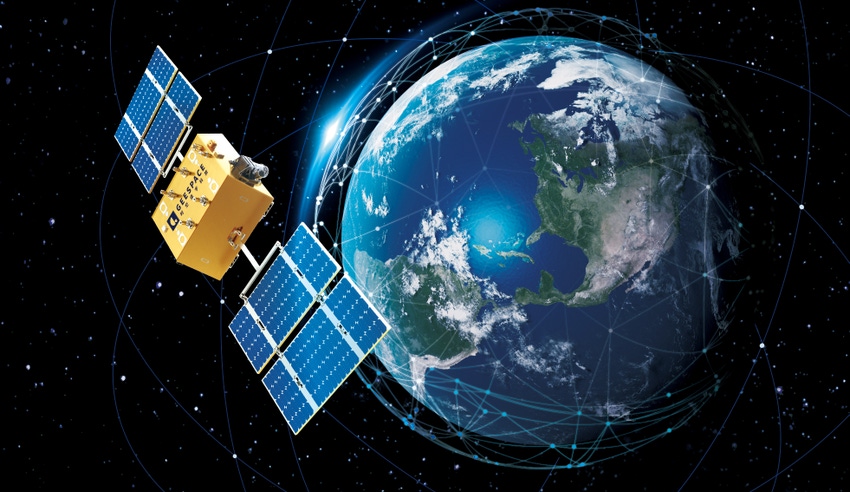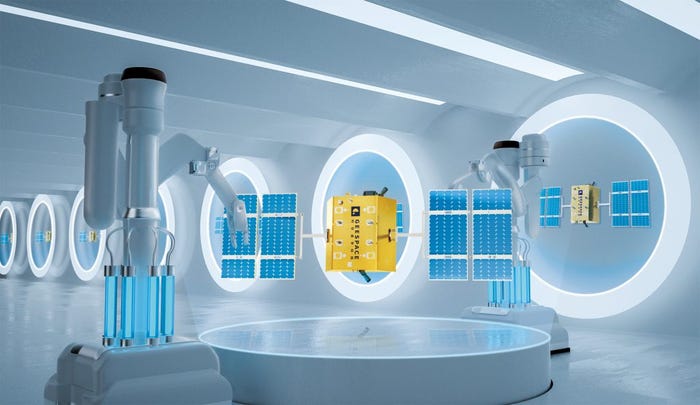Geely has launched nine satellites into space to help automotive brands
June 7, 2022

Chinese automaker Geely has launched nine satellites into space as part of a plan to create a high-precision network that will help guide autonomous cars.
In a statement, the Zhejiang Geely Holding Group said that Geespace, a subsidiary of the Geely Technology Group, had launched the satellites into low-earth orbit from the Xichang Satellite Launch Center in the southwestern province of Sichuan.
The launch passed off successfully, with a Geely base station in the city of Korla confirming that all the satellites are functioning properly. It is part of an ambitious program that will ultimately see 240 satellites in orbit. A total of 72 are expected to be functional by 2025, with a second phase of 168 satellites following after this.
The GeeSAT-1 satellites are the first modular, high-performance, mass-produced low-orbit satellites in China, and according to Geely, “will provide centimetre-accurate precise positioning and connectivity support for use by automotive brands in the Geely Holding portfolio.” This will enhance safety for autonomous driving by helping connect both vehicles with vehicles and infrastructure with vehicles.
Geely owns several major auto brands including the China-focused Geely Auto, plus Volvo, Polestar, Lynk & Co, Proton and Lotus.
Once in orbit, the satellites are said to have an operating life span of five years, after which they will propel themselves into earth’s atmosphere, where they will disintegrate without leaving any debris.

Their benefits will extend beyond the auto industry, too. Geely says they could also provide services for the logisitics sector and assist in drone navigation. They will also be used at the next Asian Games – now scheduled for Huangzhou in September 2023 – for remote sensing and satellite communication services
The satellites will be built at Geely’s production facility in Taizhou in the eastern province of Zhejiang – the first AIT (Assembly, Integration and Testing) center for commercial satellites in China – which has an annual capacity of 500 units. And the constellation will be manged through a network of ground stations in Qingdao, Taizhou, Korla, Chengdu, and Harbin. Initially, coverage will be provided for the Chinese market and the Asia-Pacific region, with plans to expand globally from 2026 onwards.
“By establishing the Geely Future Mobility Constellation, Geespace is positioning itself to meet future user demands for high-precision positioning, space-based communication, and remote sensing services,” said Tony Wang, CEO and chief scientist of Geespace. “In addition, new opportunities have been opened in various sectors including smart mobility, consumer electronics, unmanned systems, smart cities, and environmental protection.”
Geely is, of course, following Tesla’s in having an allied space business. SpaceX, owned by Tesla CEO Elon Musk, has more than 2,500 satellites in space as part of its Starlink network, although its focus is on internet services.
About the Author(s)
You May Also Like





.png?width=300&auto=webp&quality=80&disable=upscale)


.png?width=300&auto=webp&quality=80&disable=upscale)